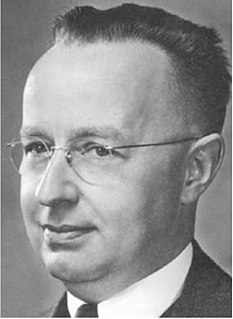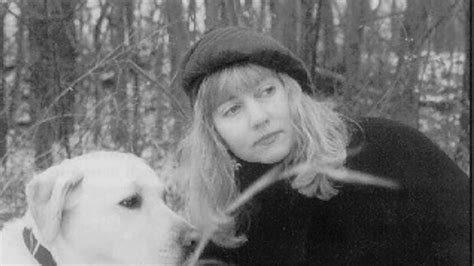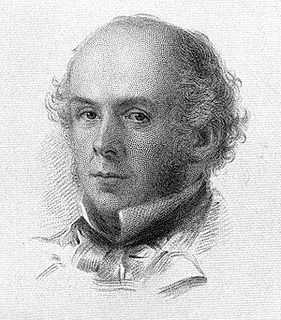A Quote by Alfred North Whitehead
I have suffered a great deal from writers who have quoted this or that sentence of mine either out of its context or in juxtaposition to some incongruous matter which quite distorted my meaning, or destroyed it altogether.
Related Quotes
The way in which the photograph records experience is also different from the way of language. Language makes sense only when it is presented as a sequence of propositions. Meaning is distorted when a word or sentence is, as we say, taken out of context; when a reader or listener is deprived of what was said before, and after. But there is no such thing as a photograph taken out of context, for a photograph does not require one. In fact, the point of photography is to isolate images from context, so as to make them visible in a different way.
Every sentence in order to have definite scientific meaning must be practically or at least theoretically verifiable as either true or false upon the basis of experimental measurements either practically or theoretically obtainable by carrying out a definite and previously specified operation in the future. The meaning of such a sentence is the method of its verification.
A text makes the word more specific. It really kind of defines it within the context in which it is being used. If it is just taken out of a context and presented as a sort of object, which is what - you know, which is a contemporary art idea, you know. It is like an old surrealist idea or an old cubist idea to take something out of context and put it in a completely different context. And it sort of gives it a different meaning and creates another world, another kind of world in which we enter.
There's all kinds of those moments in your life where either through a weird set of circumstances, or a song you hear, or a smell you smell, or one person says something totally out of the context without the meaning that you assigned to it, but you snap back to the way you were when you were 14 or 15. We all deal with that.
They say that to be a writer you must first have an unhappy childhood. I don't know if unhappiness is necessary, but I think maybe some children who have suffered a loss too great for words grow up into writers who are always trying to find those words, trying to find a meaning for the way they have lived
I think I mainly climb mountains because I get a great deal of enjoyment out of it. I never attempt to analyze these things too thoroughly, but I think that all mountaineers do get a great deal of satisfaction out of overcoming some challenge which they think is very difficult for them, or which perhaps may be a little dangerous.
There are some simple maxims which I think might be commended to writers of expository prose. First: never use a long word if a short word will do. So, if you want to make a statement with a great many qualifications, put some of the qualifications in separate sentences. Third: do not let the beginning of your sentence lead the reader to an expectation which is contradicted by the end.
There is no single formula for good sentence. An invisible integument that gives the sentence wholeness and musicality, sometimes. But other times, the formula is almost purely one of context. And yet other times, of sheer precision of meaning. This is a good sentence: "Just as he was settling into the warm mud of alcoholic gloom, Shrike caught his arm." "Warm mud of alcoholic gloom" is exact and right and accurate.
Many young people today do not concern themselves with style. They think that what one says should be said simply and that is all. For me, style - which does not exclude simplicity, quite the opposite - is above all a way of saying three or four things in one. There is the simple sentence, with its immediate meaning, and then at the same time, below this immediate meaning, other meanings are organized. If one is not capable of giving language this plurality of meaning, then it is not worth the trouble to write.
I don't particularly care about photographic authorship. Whether an astronaut who doesn't even have a viewfinder makes an image, a robotic camera, a military photographer, or Mike Light really doesn't matter. What matters is the context of the final photograph and the meaning it generates within that context.
Ingmar Bergman is a long way from me, but I admire him. He, too, concentrates a great deal on individuals; and although the individual is what interests him most, we are very far apart. His individuals are very different from mine; his problems are different from mine - but he's a great director. So is Fellini, for that matter.








































